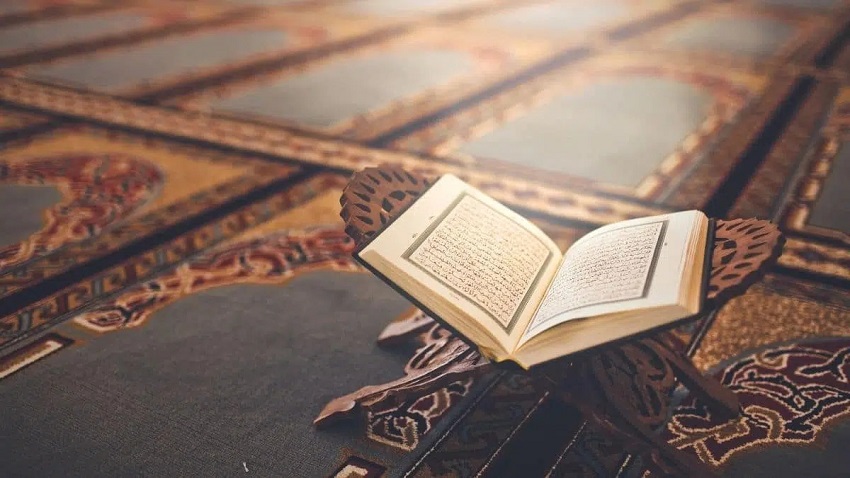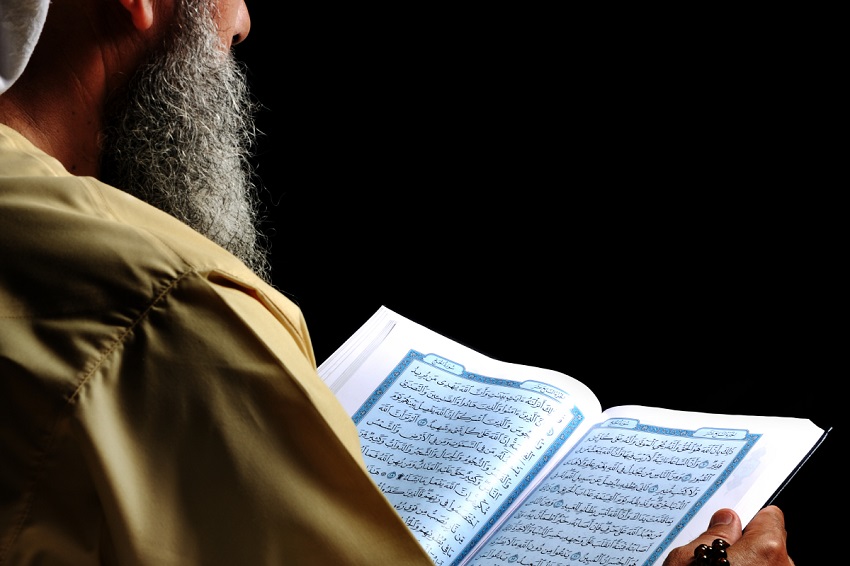
What Does Islam Say About Self-Love?
Islam is a religion that encompasses a comprehensive way of life, guiding its followers on various aspects of living, including self-love and self-care. Understanding how Islam views self-love can lead to a more balanced and fulfilling life. In this article, we will delve into the teachings of Islam regarding self-love, exploring its significance, benefits, and practical applications in daily life. The article is submitted by tiffany-hines.com
The Concept of Self-Love in Islam
Islam emphasizes the importance of self-love as it believes that a person who loves and values themselves can effectively love and care for others. The foundation of self-love lies in recognizing oneself as a creation of Allah (God) and acknowledging inherent worth. This love is not rooted in arrogance but in gratitude for the blessings bestowed upon oneself.
Embracing Self-Compassion
Islam encourages self-compassion, teaching that self-forgiveness is an essential aspect of personal growth. Acknowledging one’s mistakes and seeking forgiveness from Allah is considered a means of spiritual cleansing and growth. By forgiving oneself, individuals can move forward with positivity and avoid dwelling on past regrets. Discover how to feel better about yourself.
Balancing Self-Care and Selflessness
While self-love is promoted, Islam advocates for a balance between self-care and selflessness. Excessive self-indulgence is discouraged, as it may lead to neglecting the needs of others. Islam encourages believers to be mindful of the well-being of their families, friends, and communities.
Nurturing Physical and Mental Health
Islam places great importance on maintaining physical and mental health. The Quran encourages believers to engage in activities that promote a healthy lifestyle, such as regular exercise, a balanced diet, and sufficient rest. Additionally, seeking knowledge and understanding the world are highly valued in Islam, contributing to mental well-being.
Gratitude and Contentment
Islam teaches believers to be grateful for the blessings they have received. By expressing gratitude, individuals can cultivate a positive mindset and foster contentment. Gratitude helps counteract negative emotions and allows one to focus on the positives in life.
Developing Positive Self-Talk
Islam emphasizes the power of words and thoughts. Engaging in positive self-talk and avoiding negative self-criticism is encouraged. Islam teaches that believers should have faith in Allah’s plan for them and trust in His wisdom, which helps cultivate a positive outlook on life.
Strengthening Spiritual Connection
Prayer, meditation, and remembrance of Allah are crucial aspects of Islam that strengthen the spiritual connection between individuals and their Creator. Engaging in regular acts of worship provides comfort, guidance, and a sense of purpose.
Seeking Support and Community
Islam promotes the idea of a close-knit community, where individuals support and uplift one another. Seeking emotional support from friends, family, or a local mosque can significantly impact one’s self-love journey.
Letting Go of Material Attachments
Islam teaches that true happiness does not solely rely on material possessions. Detaching oneself from excessive materialism can lead to a more profound sense of contentment and spiritual growth.
Embracing Forgiveness and Letting Go
Forgiving oneself and others is a noble characteristic encouraged in Islam. By letting go of grudges and past hurts, individuals can free themselves from emotional burdens and cultivate a compassionate heart.
Overcoming Insecurities
Islam recognizes that every individual may face insecurities. Through prayer, self-reflection, and seeking support, believers are encouraged to work on overcoming their insecurities and realizing their self-worth.
Self-Love and Relationships
Understanding self-love is crucial for building healthy relationships with others. Islam encourages individuals to love and respect themselves, setting the foundation for strong and respectful relationships with others.
Seeking Inner Peace
Inner peace is a state highly valued in Islam. By cultivating self-love, individuals can find inner peace amidst life’s challenges, leading to emotional and spiritual tranquility.
Self-Love and Productivity
Self-love and self-belief can boost productivity and motivation. When individuals value themselves, they are more likely to pursue their goals with determination and confidence.
The Journey of Self-Discovery
The process of self-love is also a journey of self-discovery. Islam encourages believers to continuously seek knowledge, which aids in understanding oneself better.
In conclusion, Islam acknowledges the significance of self-love as a means to grow spiritually, emotionally, and mentally. By embracing self-compassion, nurturing physical and mental health, and seeking a balance between self-care and selflessness, individuals can lead more fulfilling lives. Developing positive self-talk, letting go of material attachments, and seeking support from the community are vital steps in the journey of self-love. By practicing self-love, believers can strengthen their relationship with Allah, foster healthy relationships with others, and find inner peace and contentment.
FAQs
Q1: Is self-love selfish in Islam?
A1: No, self-love is not considered selfish in Islam. It is about recognizing the value Allah has bestowed upon us and using that recognition to serve others better.
Q2: Can self-love lead to arrogance?
A2: Islam encourages humility and gratitude, preventing self-love from turning into arrogance.
Q3: How can I overcome feelings of insecurity?
A3: Engage in self-reflection, seek support from loved ones, and strengthen your faith through prayer.
Q4: Is seeking help for mental health issues encouraged in Islam?
A4: Yes, seeking help for mental health issues is encouraged in Islam, as it promotes overall well-being.
Q5: Can self-love improve my relationship with Allah?
A5: Yes, self-love can strengthen your connection with Allah as it fosters a positive mindset and trust in His plan.





Average Rating